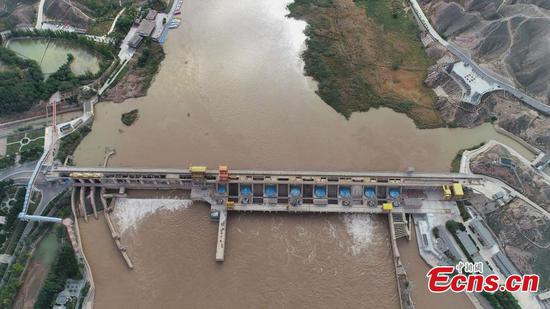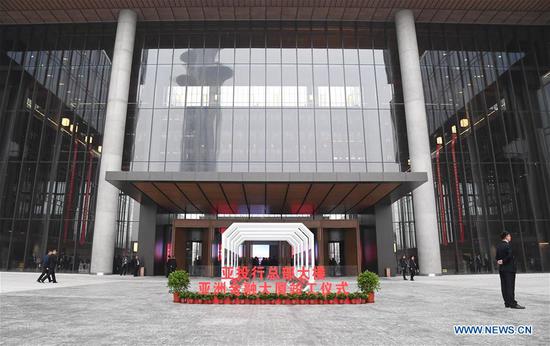Since the founding of New China in 1949, the country's legal experts have been refining the judicial system.
Editor's note: To celebrate the 70th anniversary of the founding of the People's Republic of China, we will publish a series of stories reflecting changes and developments in fields such as law, education, transportation and the environment. This is the first in the series.
When Wei Jiuchuan started his career at a Beijing court in the late 1980s, he rode a bicycle to visit litigants' homes and evaluate assets in property-related disputes. He also had to rely on his own judgment in many of the cases as there were few written rules he could use as points of reference.
Now, though, judges at Haidian District People's Court can search for and freeze litigants' assets, such as bank savings and property, via an online platform, while the number of laws that can be used as a basis for verdicts has reached 274.
The progress in judicial efficiency and legislation is the result of China's efforts to impose the rule of law that started when the country initiated the reform and opening-up policy in 1978, according to Wei, 63, a retired judge at the court.
"Compared with judicial work in the 1950s - the primary stage of the founding of New China and the era in which I was born - the changes to the rule of law can be said to be huge," he said.
Feng Yujun, a professor of law at Renmin University of China, highlighted the importance of the rule of law in a nation's governance and political civilization. In his opinion, China's construction of the rule of law can be divided into three periods: infancy (1949 to 1977); rapid development (1978 to 2011); and improvement (2012 to the present day).
Yang Weidong, a law professor at the Chinese Academy of Governance, said that in the early days the foundation of the rule of law was the Chinese Constitution, adopted in 1954. "Legislation and judicial affairs have been significantly promoted with the deepening of reform and opening-up," he added.
According to Feng, after the 18th National Congress of the Communist Party of China in late 2012, the rule of law was further improved and began to play a larger role in a wider range of fields, including the economy and social governance.
Wei said: "People's legal awareness has also improved since then. Litigants know that the law will protect their legitimate rights and they believe problems can be better solved by the courts."
Although Wei no longer needs to tackle the rising number of disputes seen in recent years, he still pays attention to judicial changes. For example, he is following the legislative process of the country's first civil code, which will be submitted to the National People's Congress, the top legislature, for review next year.
"If the code can be passed, another milestone in the rule of law will have been laid," he said.


















































